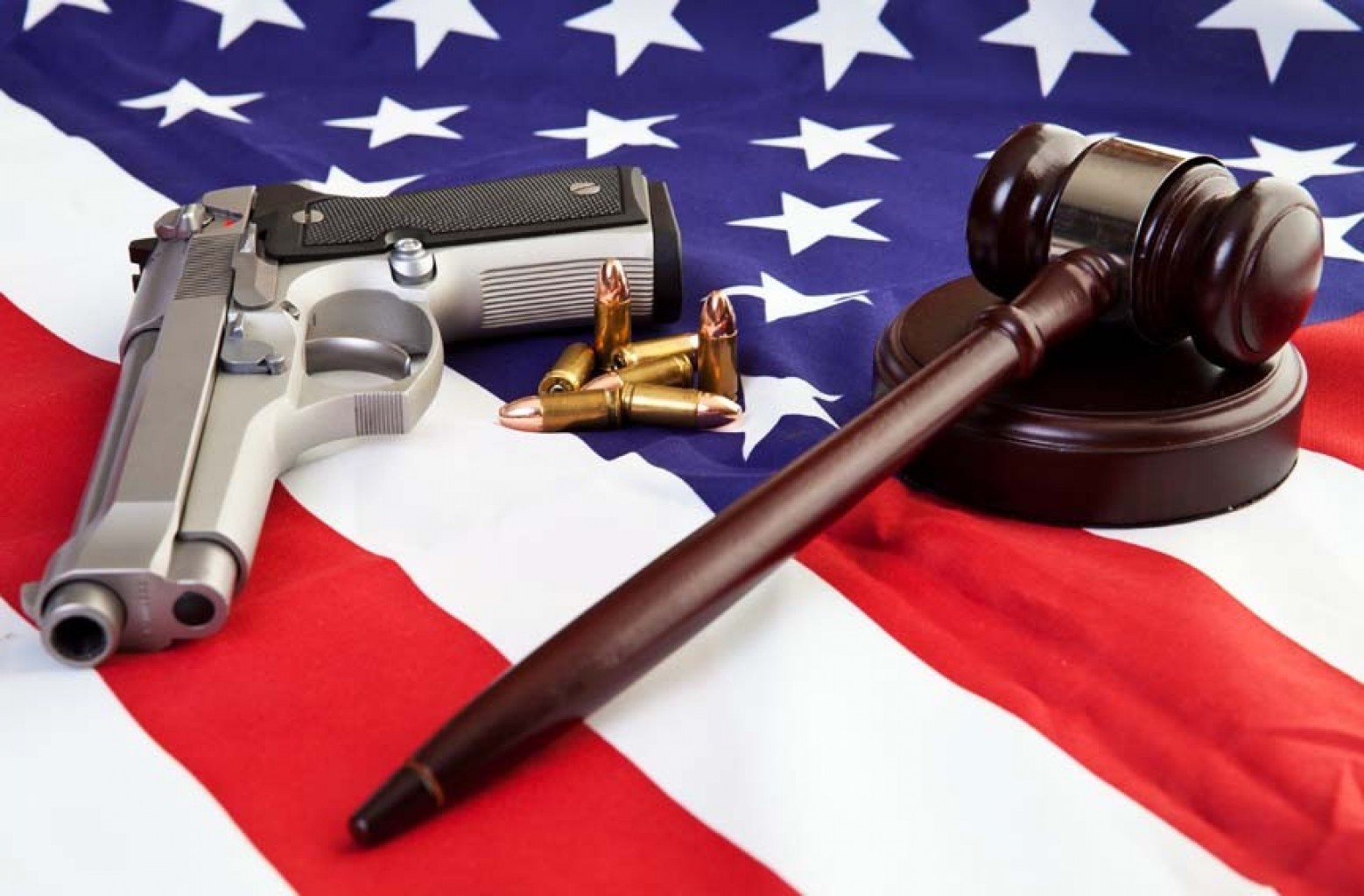Historically Speaking

I have been avoiding this topic because of the emotions involved and the divisiveness of the arguments, but so much has been said over the past weeks about gun control that I want to weigh in from a historical perspective.
I do not want to argue here if we should or should not create tougher gun laws. Both sides have made strong and weak arguments to support themselves. Everyone needs to consider these opinions and make a choice based on the evidence provided and their own conscience. What I want to do is clear up some of weak arguments that are not historically accurate. Some of the frustrating arguments are ones that use hunting, sport shooting, people not being part of militias, or the type of weapon used when the Bill of Rights was written.
The concern at hand is the Second Amendment that states, “A well-regulated Militia, being necessary to the security of a free State, the right of the people to keep and bear Arms, shall not be infringed.” The major issues are what does “militia” mean, what is the intent, and what is not said.
To understand militia and the intent, it is helpful to see the original amendment written by James Madison, the author of the Bill of Rights, to try to understand his thinking. He originally proposed, “A well-regulated militia, composed of the body of the people, being the best security of a free State, the right of the people to keep and bear arms shall not be infringed.” The difference between the original proposal and the final is that a militia was composed of the people, which seems to suggest all the people. There was even a draft of the Amendment excluding Americans with religious objections, like Quakers, from being part of the militia. Reading it this way seems to imply that all Americans are part of the militia, not just volunteers, if Quakers needed to have legal exclusion.
To understand part of the intent of the Second Amendment, you need to understand Americans’ fear of a standing Army, a fear they adopted from the British, and also a cause of the Revolution. The British and later Americans believed a standing army had no place in a democracy. If the people through representation made the laws, why would an army be necessary to enforce them? An army could only lead to tyranny. France and Russia had armies, but they were also absolute monarchs. If war were necessary, an army could be raised. The fact that British stationed soldiers in colonial cities led the American colonists to believe the King planned to oppress them. Therefore, for Madison to include the right to bear arms, he intended the citizens to be the first defense in case of war.
Another part of the intent is best summed up by Massachusetts Congressman Elbridge Gerry, who argued during this debate that the people were needed to stand up to the Federal Government from being tyrannical. This was the generation that had done just that, stood up to their own government in England for their rights that led to a revolution. Madison’s intent seems to be the people should have arms to protect the nation but also to protect the people from the nation.
This brings up what the Constitution does not say. Nowhere does the Second Amendment give anyone the right to hunt or sport shoot. It is true that an AR-15 may be overkill for hunting, but that is not why the Amendment was written. Same is true for the idea of modern weapons. Yes, the Founders only had single shot muzzle loaders, not capable of much destruction, but if the intent of the Amendment is to protect the nation and the people, then modern weapons are necessary.
If proponents of stronger gun laws want changes, there is an argument that a militia of the people is no longer necessary, especially with the first premise of protecting the nation. Since WWII, America has maintained a standing army and every state has a guard unit, which could be considered the new militia. The problem is the Constitution does not read that way. Based on the Constitution, a new amendment seems the best option for this group. We have changed the Constitution in the past. The original Constitution protected slavery, but the Thirteenth Amendment freed slaves. The original Constitution had state legislators to elect Senators, but the Seventeenth Amendment changed it to a popular vote of the people.
The larger issue is the second premise of protecting the people from the government. When debating militias in the House, Gerry said, “Whenever Governments mean to invade the rights and liberties of the people, they always attempt to destroy the militia, in order to raise an army upon their ruins.” To men like Gerry, the fact that we now have a Federal Army is the very reason the citizens should remain armed.
Gun control is a serious topic and needs debating. We cannot tolerate the violence seen in our schools. We need to make our arguments on both sides, but they need historical accuracy. To improve our dialogue, we need to understand the Second Amendment, keep our debates to the intent of the Founders, and not get sidetracked with arguments of hunting rights and colonial muskets.
Dr. James Finck is an Associate Professor of History at the University of Science and Arts of Oklahoma.
Comentar
Los campos obligatorios estan marcados con *


















































Comentar con Facebook